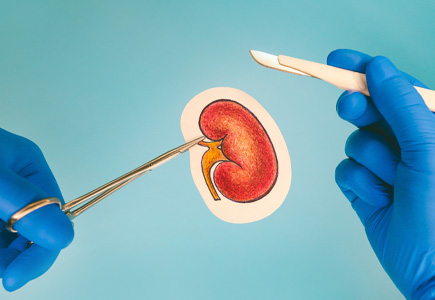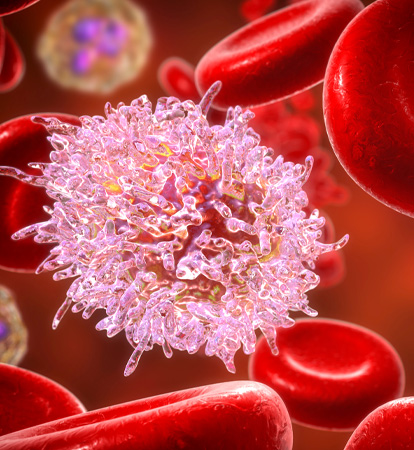Cancer treatment involves a multidisciplinary approach to combat abnormal cell growth. It includes surgery, chemotherapy, radiation therapy, immunotherapy, and targeted therapy. Surgical interventions aim to remove tumours, while chemotherapy uses drugs to destroy cancer cells. Radiation therapy utilizes high-dose radiation to shrink or eliminate tumours. Immunotherapy harnesses the body's immune system to fight cancer cells and targeted therapy targets specific molecules involved in cancer growth. Personalized treatment plans consider the type and stage of cancer, ensuring the most effective approach. Advances in cancer treatment continually improve outcomes, emphasizing both curative and palliative strategies to enhance patients' quality of life.
The Role Of Supportive Care
Here are a few roles that supportive care can provide during the treatment:
- Managing Treatment Side Effects: One of the primary roles of supportive care in cancer treatment is to manage and alleviate the side effects of various treatments. Chemotherapy, radiation, and other therapeutic interventions often come with challenging side effects such as nausea, fatigue, and pain. Supportive care interventions, including medications, lifestyle adjustments, and complementary therapies, aim to minimize these side effects, improving the patient's comfort and overall treatment experience.
- Providing Emotional Support: A cancer diagnosis can evoke a range of emotions, including fear, anxiety, and sadness. Supportive care focuses on providing emotional support through counseling, support groups, and individual therapy sessions. These avenues offer patients and their families a safe space to express their feelings, share experiences, and receive guidance in coping with the emotional challenges that accompany a cancer diagnosis and treatment.
- Enhancing Quality of Life: Supportive care is instrumental in enhancing the overall quality of life for cancer patients. By addressing physical symptoms, emotional distress, and practical challenges, supportive care contributes to a more positive and fulfilling life during and after treatment. Patients are better able to engage in daily activities, maintain social connections, and find moments of joy and meaning despite the challenges they face.
- Nutritional Support: Proper nutrition is essential for cancer patients undergoing treatment. Supportive care includes nutritional guidance and interventions to address dietary challenges associated with cancer and its treatments. Maintaining optimal nutrition supports the patient's strength, immune function, and overall well-being, aiding in the effectiveness of cancer treatments and promoting recovery.
- Coordinated Care and Communication: Supportive care involves a coordinated approach to patient care, ensuring that medical professionals work together seamlessly to address all aspects of the patient's well-being. Effective communication between healthcare providers, patients, and their families is a cornerstone of supportive care, ensuring that everyone involved is well-informed, aligned in goals, and working collaboratively towards the best possible outcomes.
Conclusion
Supportive care in cancer treatment is an integral component of comprehensive and patient-centered healthcare. By addressing the physical, emotional, and practical needs of individuals facing cancer, supportive care contributes to reduced treatment-related discomfort, enhanced emotional resilience, improved treatment adherence, holistic well-being, and empowered active participation. Its role extends beyond medical interventions, recognizing the multidimensional nature of the cancer experience. Always consult with healthcare professionals for personalized advice and guidance in the context of supportive care for cancer patients.



























